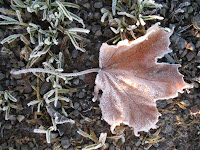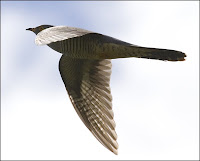
The cultural cliché of New Year resolutions is, however, based on a deep pattern, reflecting nature at this time. It seems evident that there is a need to mark change at this time, be it at New Year, the Winter Solstice or in Advent. We too look for the new to emerge from what is resting or decaying, just as nature does at this time. Unfortunately our need to participate in this natural rhythm can make us pressured and down, far from the natural growth it intends to imitate.
So how do we work with this good desire for change, without falling into the culturally-driven anxiety around our life or our career, our fitness, or our goals? How can we look at the desire for major life change without falling into self-criticism and judgement? We can best do this by bringing mindfulness and the attitudes which ground it to our desire for self improvement, to prevent us from running after something, no matter how worthwhile it seems, which will just substitute one form of unhealthy striving for another. Change which is not based on the attitudes of kindness and acceptance of self will only lead to a waste of energy and greater frustration.
Bringing mindfulness to our desire for change can help us focus on our intention. Is it to find greater harmony and balance in ourselves? Or is it focused on greater acceptance by others, or a desire to fit into an external story as to what is right, successful or happy? Looking at the story we are telling ourselves behind the desire for change is one of the gifts that mindfulness can bring. The possibility of genuine change begins with accepting oneself at the deepest level of one's core sense of self. Befriending ourselves, not running away from ourselves, allows any change come in a natural way, and is therefore sustainable.
Thus any aspiration we make these day needs to be firm and realistic without becoming rigid. We can do this by not placing the emphasis on controlling the outcome, but focus on starting out and starting over and over again each time we falter and fail. We practice non-judgement towards ourselves and simply say when things go wrong, "I was doing well and I will start again". In this way our desire for new growth proceeds in a steady but gentle way, and we do not waste time and energy on criticizing ourselves or getting discouraged.
This shift in focus is attitudinal: You simply do what you care about as well as you can. This is a humble attitude, but it is exactly what's needed for you to sustain your resolution. In so doing, you free yourself from your judging mind that thinks it can control results and creates the grandiose expectation that you can do more than you can do in the present moment. You become a more effective person by simply learning to use your time and energy to do what you can do right now.
Phillip Moffitt
















































